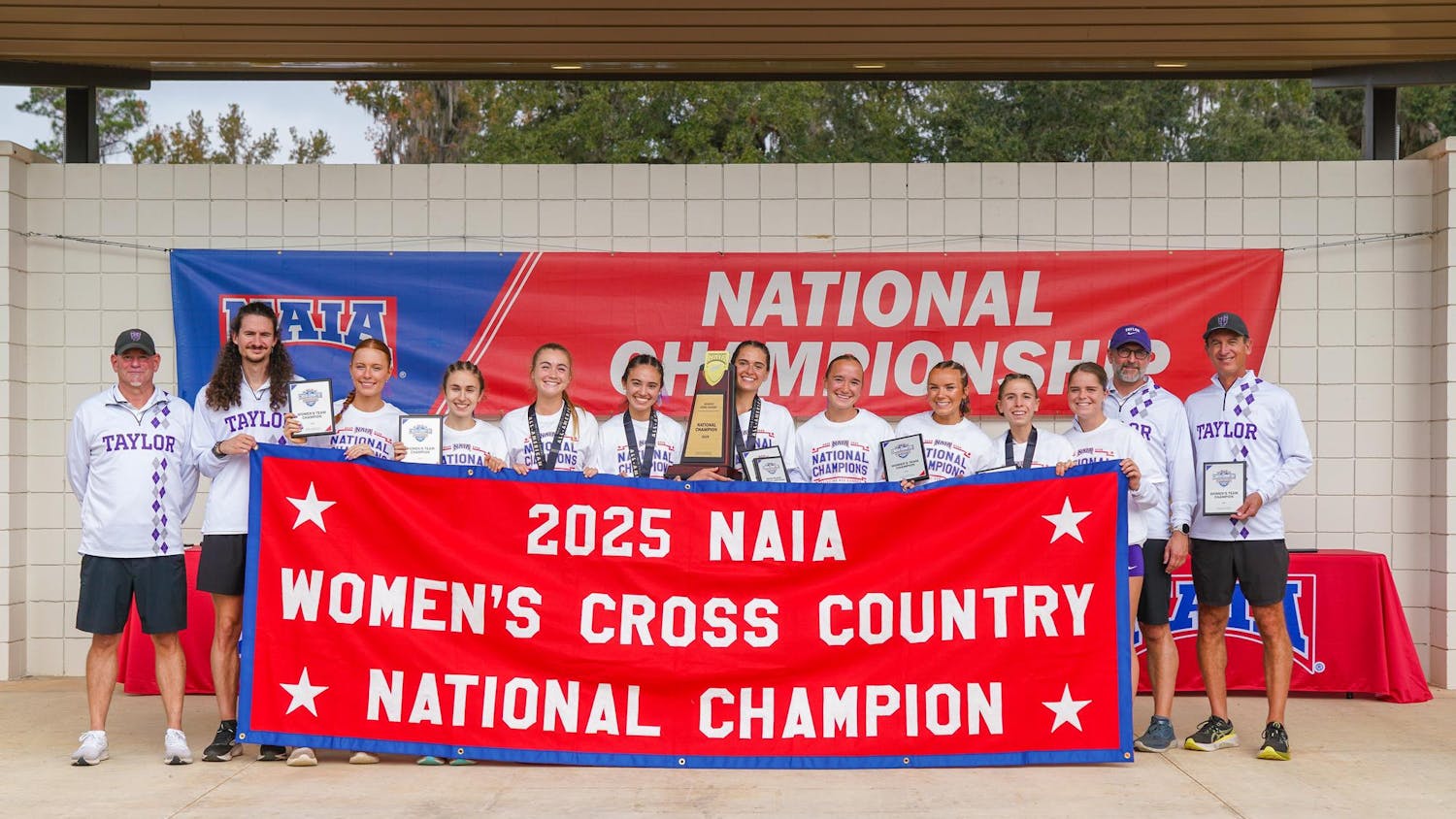 By Bree Bailey | Contributor
By Bree Bailey | Contributor
Some believe North and South Korea may finally be easing tensions after 65 long years of conflict, while others see recent actions as merely surface level.
At the opening ceremonies for the 2018 Olympics, North Korea and South Korea were seen entering as one unified team. Many believe that the games have allowed North and South Korea to finally begin mending their relationship.
There has been discussion recently of both Koreas hosting the 2021 Asian Winter Games together, but that decision will not be made until later this year.
"We are considering the idea of South and North Korea jointly hosting the Asian Winter Games as one way to increase the usage of the facilities after the Pyeongchang Winter Olympics and of continuing inter-Korean harmony and exchange," Choi Moon-soon, Gangwon Province Governor, said at a press conference.
The defense ministry in South Korea restated that they still plan to carry out military exercises with the United States once the Olympics have finished.
Sources from North Korea warned, "(R)acket for resuming the war exercises is a wild act of ruthlessly trampling even a small sprout of peace that has been now seen on the Korean peninsula."
The South Korean President, Moon Jae-in was invited to meet in person with Kim Jong-un but has not communicated when this might take place. On Feb. 15, a poll was taken, and 61.5 percent of South Korea's population voted in favor of Moon having face-to-face talks with Kim in order to mend relations. However, over 30 percent stated that additional pressure is vital in order to cause North Korea to improve its behavior.
Currently, the fear for those in favor of communication with North Korea is Trump's involvement.
"There have been lots of reports of Washington planning a 'bloody nose' attack on a missile site or a nuclear facility in the North, and that makes people very worried because Pyongyang can be expected to retaliate(,) and it is likely to target South Korea," said Ahn Yin-hay, a professor of international relations at Korea University in Seoul.
She claims that South Koreans believe talking to North Korea is a safer approach for their nation.
However, this is not the only perspective locals possess. Joo Yeon Lee, a South Korean international student at Taylor, expresses a different opinion.
She explained that South Korea is made up of two separate parties.
The one currently in power favors communication with North Korea in order to mend relations and help those in that country.
The other believes that North Korea needs help but that sending money and unifying North and South is not the best way to assist them. In the second party's perspective, North Korea does not use the money they are given to actually help their people, and uniting the countries could pose a serious threat to the South Korea's liberal democracy. They believe that support from the U.S. is important to protect them from North Korea's nuclear weapons, especially when China is more closely tied to North Korea.
Yeon Lee personally does not believe that the Olympics had any real effect on North and South Korea's relations.
"To summarize my opinion, the Olympics was not helpful to make North Korea and South Korea get closer. . . . It is a very complex problem that is too hard to fix through the Olympics," Lee said.
According to Lee, most of the college students in South Korea support the current president as a result of media and propaganda spread across the country. She is worried that everyone will become so consumed with seeking peace that they will sacrifice their freedoms to achieve it.
http://www.dw.com/en/majority-of-south-koreans-favor-north-korea-friendship/a-42643399
https://www.theguardian.com/world/2018/feb/20/north-korea-co-host-2021-asian-games-south





